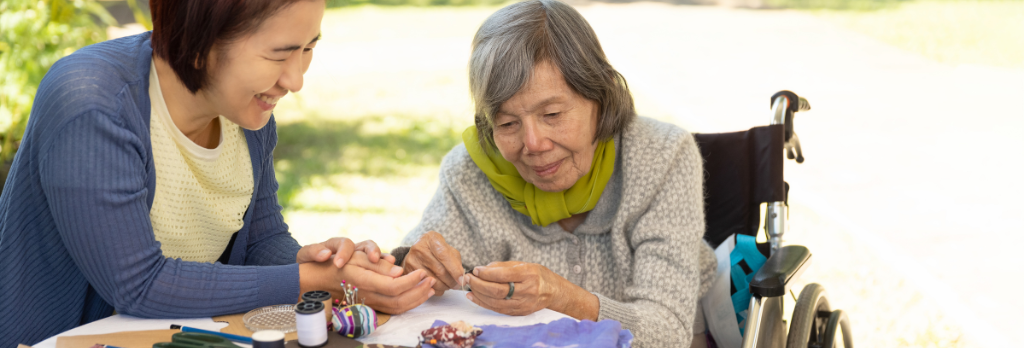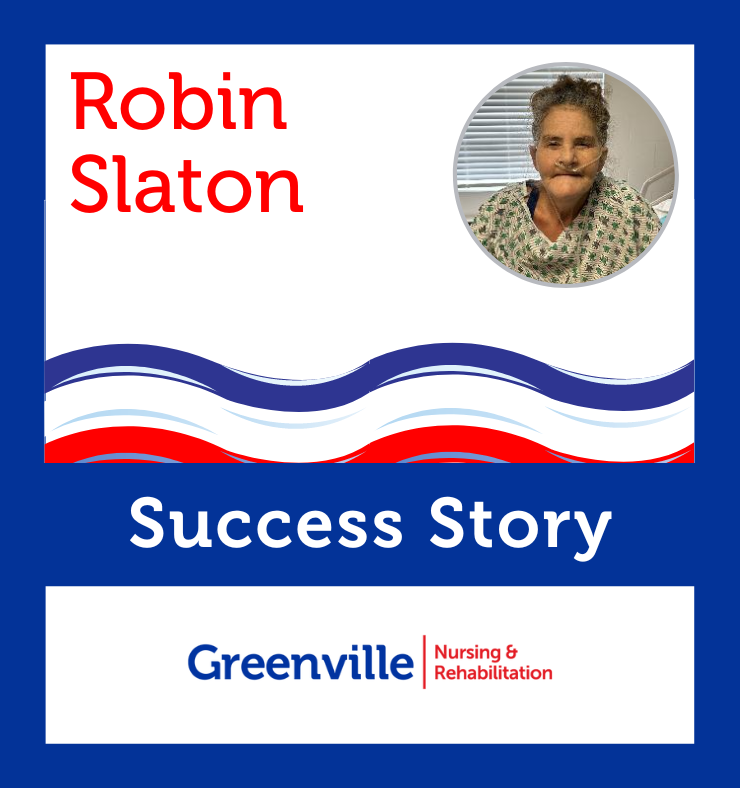The conditions in places where people are born, live, learn, work, and play are known as social determinants of health (SDOH). These conditions can have a profound effect on a person’s health, including their risk for Alzheimer’s disease and related dementias.
Differences in SDOH contribute to the stark and persistent chronic disease disparities in the United States among racial, ethnic, and socioeconomic groups by systematically limiting opportunities for members of some groups to be healthy. While public health crises and economic uncertainty may focus attention on disparities, health inequities have persisted across generations because policies and practices have systematically limited access to health care and other opportunities.
A growing body of work exists around social and economic factors that may contribute to a person’s health status, including a person’s risk for dementia. Although more work needs to be done to determine the exact relationship between these factors and dementia, here are a few areas that could be considered:
EDUCATION
Studies show an association between a higher level of education and better brain health. For example, among adults aged 45 years or older, the proportion experiencing subjective cognitive decline was lowest for college graduates and nearly three times greater for those without a high school diploma. One theory being considered by researchers as to why education levels may affect the risk of developing dementia has to do with cognitive reserve. Cognitive reserve refers to the level of knowledge and education “banked” in early years that may protect and compensate for a decline in cognitive health in later years.
ACCESS TO HEALTH CARE
Access to health care affects many facets of a person’s physical and brain health. Consistent access to health care services gives people the opportunity for regular preventive health services and early diagnosis of many health conditions, such as diabetes, heart disease, and dementia. Access can also help prevent hospitalizations through the successful management of chronic health conditions. People with dementia often have one or more other chronic health conditions, and care coordination with providers and family care partners is essential to better care and improves health outcomes.
BUILT ENVIRONMENT
The built environment is the physical environment around us. It includes the spaces where we live, learn, work, and play—our homes, schools, businesses, streets and sidewalks, open spaces, and the options people have for transportation. Built environments can influence overall community health and individual behaviors, such as physical activity and healthy eating. Built environments can affect health both positively and negatively. Healthy community design can improve opportunities for exercise, access to services, and community supports—all of which have a positive impact on brain and physical health.
LONELINESS AND SOCIAL ISOLATION
A number of studies indicate that maintaining strong social connections and keeping mentally active as we age may lower the risk of cognitive decline and dementia. Experts are not certain about the reason for this association, but it may be due to a strengthening of connections between nerve cells in the brain.
Although it’s hard to precisely measure social isolation and loneliness, there is strong evidence that many adults aged 50 and older are socially isolated or lonely in ways that put their health at risk. Recent studies found that:
- Social isolation significantly increased a person’s risk of premature death from all causes, a risk that may rival those of smoking, obesity, and physical inactivity.1
- Social isolation was associated with about a 50% percent increased risk of dementia.1
- Poor social relationships were associated with a 29% increased risk of heart disease and a 32% increased risk of stroke.1
- Loneliness was associated with higher rates of depression, anxiety, and suicide.1
1National Academies of Sciences, Engineering, and Medicine. 2020. Social Isolation and Loneliness in Older Adults: Opportunities for the Health Care System. Washington, DC: The National Academies
To learn more, please visit https://www.cdc.gov/aging/disparities/social-determinants-alzheimers.html.






